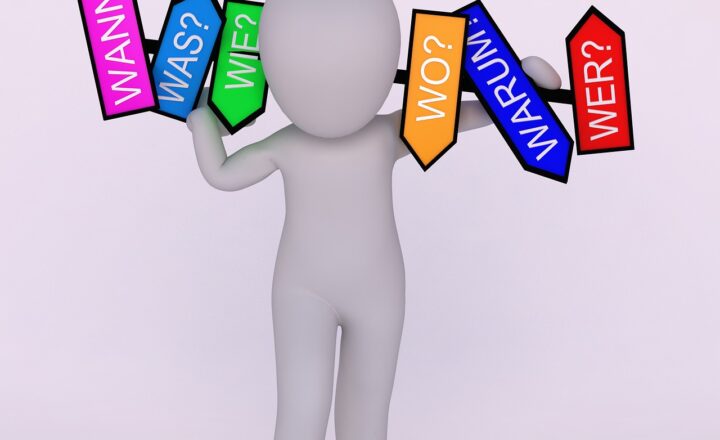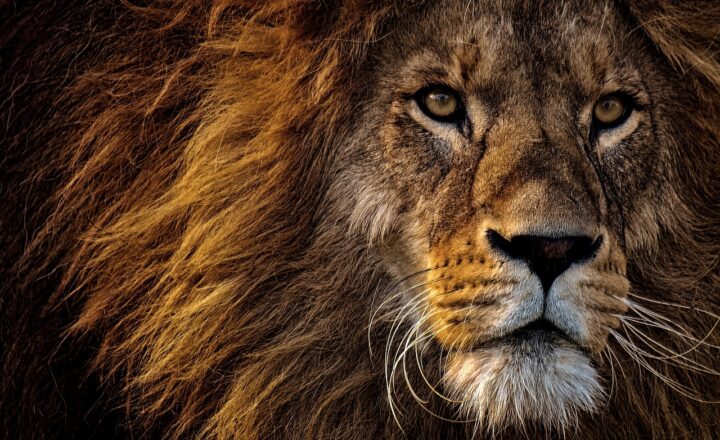How Evolution Shapes Our Daily Behavior in Subtle, Surprising Ways
November 12, 2024

Human behavior is often seen as a product of culture, society, and individual psychology. However, beneath these layers lies an intricate web of evolutionary influences that have shaped how we think, feel, and act in our daily lives. Evolutionary psychology suggests that many of our behaviors and cognitive processes have been honed over thousands of years, driven by the fundamental aims of survival and reproduction. In this article, we will explore the subtle yet profound ways in which evolution continues to influence our daily behavior, from our social interactions to our buying habits and even our health choices.
Understanding Evolutionary Psychology
Evolutionary psychology is the study of how evolutionary processes, like natural selection, have shaped human thoughts, feelings, and behaviors. According to this field, many behavioral patterns emerged as adaptations to early human environments. Key principles include:
- Survival of the Fittest: This concept suggests that individuals who adapt more successfully to their environment are more likely to survive and reproduce, passing on their traits to future generations.
- Reproductive Strategies: Mating behaviors have been heavily influenced by reproductive needs, affecting choices from partners to parenting styles.
- Universal Emotions: Emotions like fear, joy, and anger are believed to be universal adaptive responses to environmental stimuli, essential for survival communication within a social group.
By analyzing behaviors through an evolutionary lens, we gain valuable insights into why we act the way we do today.
1. Social Dynamics: A Product of Evolution
Human beings are inherently social creatures. Evolution has favored those who can navigate social hierarchies and form alliances. Social dynamics can be observed in various aspects of our daily behavior:
1.1 Group Bonding and Cooperation
Throughout history, cooperation within groups has been vital for survival. Our ability to form strong social bonds is evident in our friendships, family connections, and even workplace environments. Modern studies indicate that social bonding induces the release of oxytocin, often referred to as the “love hormone,” which promotes trust and strengthens relationships. This biological mechanism encourages collaboration and altruism.
1.2 Competition and Status
Competition for resources is another evolutionary remnant. Status within social groups influences everyday interactions, manifesting in our desire for prestige and recognition. This is seen in behaviors ranging from workplace competition to social media presence, where individuals seek validation and popularity. The quest for status can drive consumer behavior, as people often associate premium products with higher social standing.
2. Consumer Behavior: Evolutionary Influences on Choices
Our consumer choices are significantly influenced by evolutionary factors. Advertisers understand the psychological triggers resulting from our evolutionary history, leading to targeted marketing campaigns that tap into our instinctual behaviors.
2.1 Fear of Missing Out (FOMO)
FOMO, a modern phenomenon exacerbated by social media, can be traced back to our need to stay in sync with the social group. Historically, those who missed out on important group activities risked isolation or rejection, compromising their chances of survival. Today, this evolutionarily rooted anxiety affects our purchasing decisions, compelling us to acquire new products or experiences to avoid feeling left out.
2.2 The Scarcity Principle
The scarcity principle posits that limited availability increases desirability. This taps into our instinct to secure resources crucial for survival. Marketing strategies that leverage scarcity—such as limited-time offers or exclusive items—play on our evolved instincts, driving consumers to make impulsive purchases to avoid the fear of missing out.
3. Health Choices: Evolution’s Role in Modern Morality
Our health decisions are influenced by the evolutionary pressures of our ancestors, reflecting in the way we respond to diet and fitness today. Genetic predispositions can even determine some behaviors and preferences:
3.1 The Preference for Sweet and Fatty Foods
Historically, high-calorie food sources were essential for survival, leading to an evolutionary preference for sugars and fats. This preference persists today, impacting dietary choices and contributing to modern health issues like obesity and diabetes. Understanding this natural inclination can inform more effective nutritional education and interventions.
3.2 Risk Aversion in Health Decisions
Our ancestors evolved in hostile environments where risk aversion enhanced survival rates. This innate trait translates into fears surrounding health risks, resulting in behaviors such as excessive caution towards new health regimens or reluctance to adopt beneficial exercise styles. Recognizing this evolutionary basis allows for more effective communication about health and wellness.
4. The Power of Gut Feelings: Intuition and Decision-Making
Much of our decision-making is driven by instinctual responses rather than analytical thinking. This intuitive behavior can be viewed through an evolutionary lens as follows:
4.1 Intuition as an Adaptation
Intuition provided an evolutionary advantage by allowing rapid decision-making in crucial survival situations. Today, our instincts often guide us in making choices without conscious reasoning, whether selecting a partner or deciding on an investment. Embracing his instinctual wisdom can empower personal and professional decisions.
4.2 Emotional Responses as Evolutionary Tools
Emotions serve not only to connect us with others but also to inform our decision-making processes. Fear, anger, and joy can prompt quick decisions that, in dangerous or uncertain situations, were vital for survival. Understanding this connection can help individuals harness their emotional responses to make better decisions in complex situations.
Conclusion: The Lasting Impact of Evolution on Behavior
From our social interactions to our consumer behavior and health choices, evolutionary influences take root in myriad ways, shaping our daily actions. Recognizing these underlying drivers is essential in understanding ourselves and how we relate to the world around us. As we navigate our modern lives, an awareness of our evolutionary heritage can empower us to make more informed decisions aligning with both our instincts and contemporary realities. By appreciating the subtle ways evolution affects our behavior, we can better comprehend our motivations, improve our social dynamics, and foster healthier lifestyles.
In a rapidly changing world, the past remains intertwined with the present, reminding us to reflect on the evolutionary factors that continue to shape our behavior today.







